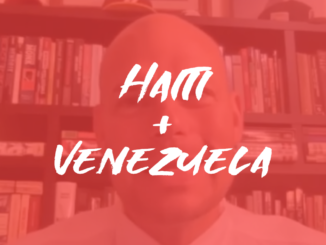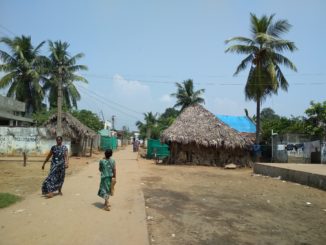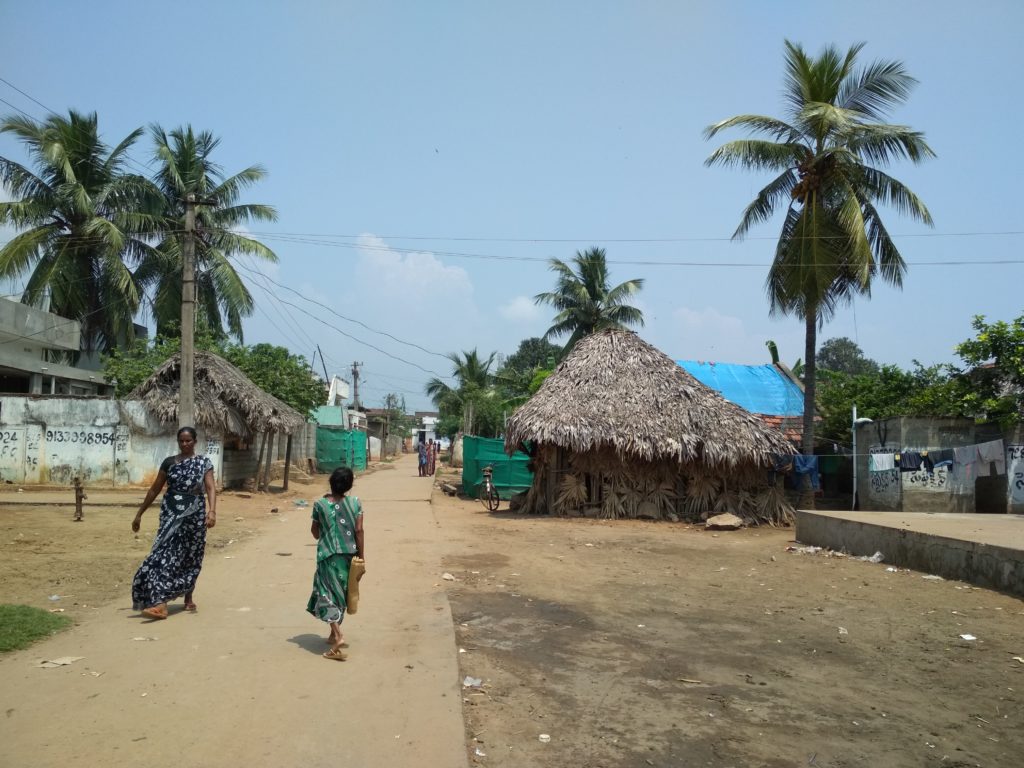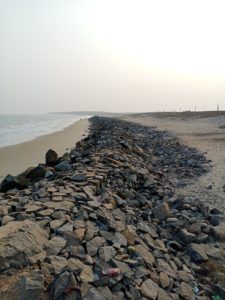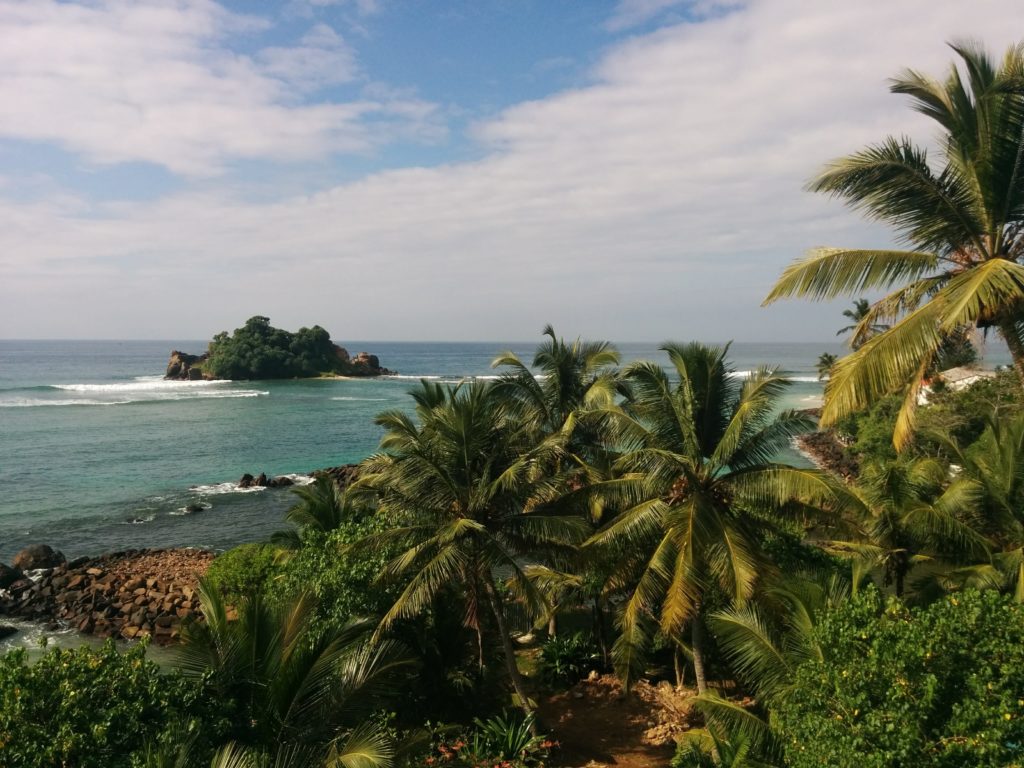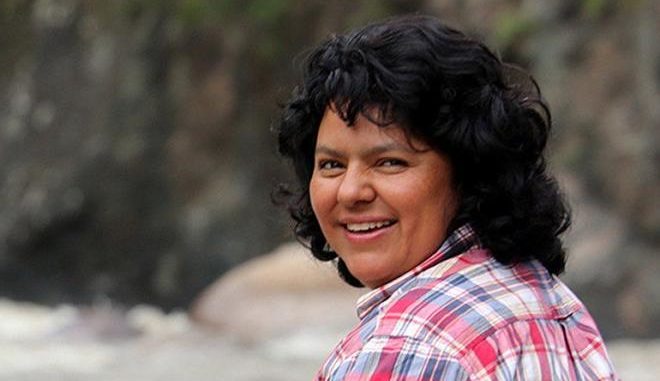
Laura Zúñiga Cáceres is still looking for the mastermind behind her mother’s assassination.
“Not having justice is painful,” Zúñiga said with the aid of an interpreter as she spoke in an exclusive interview with Toward Freedom from the Honduran capital city of Tegucigalpa prior to the verdict.
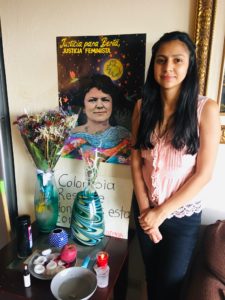
Her mother, Berta Cáceres, was an Indigenous activist whose work to defend the rights of the Lenca people in Honduras won her in 2015 the most prestigious award in environmental activism, the Goldman Environmental Prize. The following year, armed assailants burst into her home and murdered her.
On July 5, a Honduran jury found David Castillo, former chief executive officer of Desarrollos Energéticos Sociedad Anónima (DESA), guilty of being a collaborator in the murder. Castillo initially was charged as the mastermind.
“There is no justice for my mother until the mastermind is brought to justice,” said Zúñiga, one of four of Cáceres’ children, after having sat through a few weeks of the state and the victim’s attorneys questioning witnesses. “David is not the mastermind.”
In fact, Zúñiga said “significant evidence” showed the involvement of the Atala Zablah family, which owns a soccer team and a bank. The family had injected millions of dollars into DESA and joined its board four years before Cáceres’ murder.
Today’s guilty verdict clear:
David Castillo was a co-perpetrator of murder of #BertaCaceres. Along with Atala Family Execs, he monitored & planned actions – ultimately the murder – to stop resistance to Agua Zarca dam project. Historic verdict opens door to further prosecution. pic.twitter.com/1XM5hYFgiR— jackie sue (@pajarolindo) July 5, 2021
Key witnesses helped reveal the power dynamics that the victim’s attorneys claimed showed Castillo helped set up Cáceres’ murder. According to Zúñiga, Castillo had trained at the School of the Americas (now the Western Hemisphere Institute for Security Cooperation) and had worked for the Honduran state. These experiences helped Castillo develop relationships that enabled him to ensure Cáceres would be murdered, part of a larger plan of silencing Indigenous activists.
“When my mother was killed, it sent a strong message of terror and violence,” Zúñiga said. “This is why David is an important person to prosecute.”
A Frontline Defenders report states that last year, 20 human rights defenders were killed in Honduras. That makes Honduras the world’s third deadliest for activists.
Despite her mother’s murder, Zúñiga, her family and the community of activists plod on because hydroelectric concessions remain on the river.
“The state is not used to victims being assertive,” Zúñiga said. “That makes [victims] vulnerable and can provoke fear.”
On November 29, 2018, four paid assassins, an active-duty military officer, and two former DESA executives were convicted of murdering Cáceres.
Lenca activists had argued developers had not consulted the Indigenous group about the project, which they said threatened their water and food supply.
The family and human-rights groups, including Consejo Cívico de Organizaciones Populares e Indígenas de Honduras (or Council of Popular and Indigenous Organizations of Honduras [COPINH]), which Cáceres co-founded, have held a firm presence during the three months of this trial.
David Castillo found guilty in assassination of #BertaCáceres pic.twitter.com/eICoJJiNgN
— Sean Hawkey (@seanhawkeyphoto) July 5, 2021
The Goldman Environmental Prize, which awarded Caceres in 2015, also tweeted out its support for the verdict, saying, “A huge step forward in the pursuit of justice for #BertaCaceres : David Castillo is found guilty in Honduran high court.”
A huge step forward in the pursuit of justice for #BertaCaceres : David Castillo is found guilty in Honduran high court : https://t.co/VqfAmm4Fms @COPINHHONDURAS @justiceforberta
— Goldman Prize (@goldmanprize) July 5, 2021
COPINH tweeted that the verdict is a “popular victory for the Honduran people. It means that the criminal power structures failed to corrupt the justice system.”
✊🏽🔴Esta es una victoria popular del pueblo hondureño.
Significa que las estructuras de poder criminal no lograron corromper el sistema de justicia.¡Berta vive, la lucha sigue! #FaltanLosAtala
— COPINH (@COPINHHONDURAS) July 5, 2021
Julie Varughese is editor of Toward Freedom.

